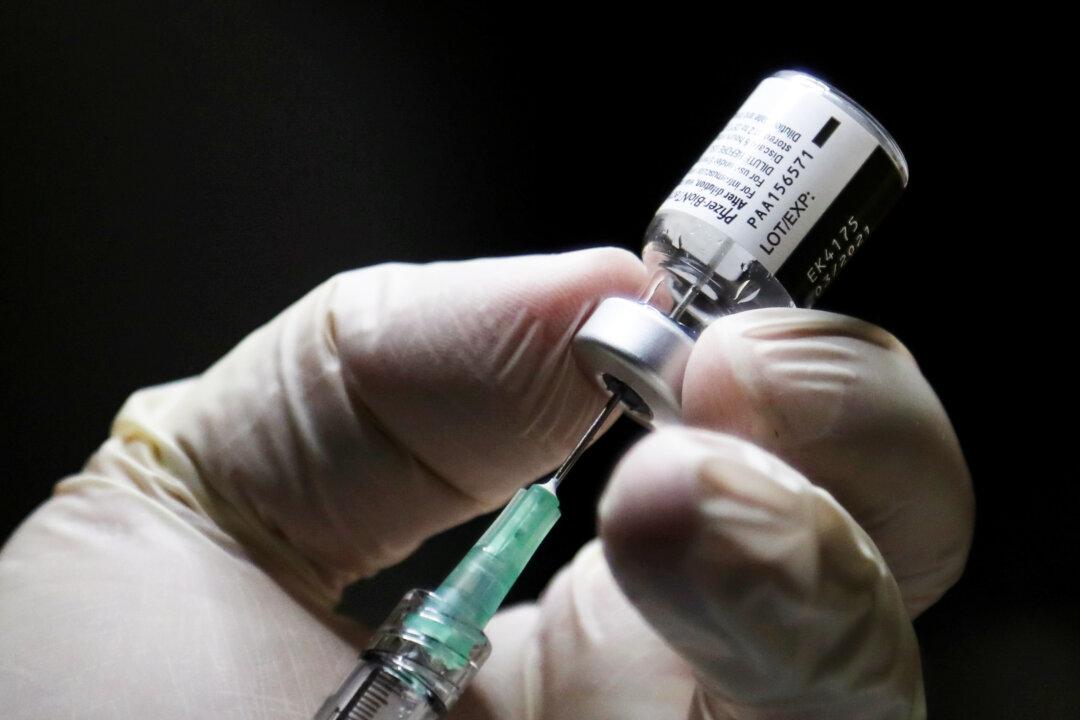The federal government accepted the unknown long-term safety and efficacy of COVID-19 vaccines when it signed a contract with Pfizer for millions of doses, according to a recently released copy of the agreement.
“Purchaser further acknowledges that the long-term effects and efficacy of the vaccine are not currently known and that there may be adverse effects of the vaccine that are not currently known,” reads a copy of the Oct. 26, 2020, contract with Pfizer which was obtained by The Canadian Independent via an access-to-information request.





